Wilderness Expedition in Patagonia: Waking up to Nature and Real Learning : pt. 2 // Experiential Education #2
I want to share with you about some of the most formative experiences of my life, and how they redefined my views on learning, completely reshaping my connection to the larger-than-human world.
So... to Patagonia! I'm 20. It's 2008. Our group, the Michinmahuidas, named for a Chilean volcano, is 3 older guides with 10 guys & 2 gals, ages 18-25. We're all just meeting for the first time, courtesy of NOLS' Patagonia branch of the National Outdoor Leadership School.
We get our gear set up, pack our food for our kayaking expedition, and set off on a boat to get dropped off far, far away from any traces of civilization.
For the next 30 days, we will depend on each other completely for our individual and collective safety and wellbeing, food, and happiness. Our only way of communicating with the rest of the world is satellite phone, which might not work anyway.
For the next 30 days, we will be each other's only company, excepting one glorious encounter with Chilean fisherman on Day 26 when we'll trade a pair of waterproof gloves for a big salmon, the only fresh food we'll have the entire trip, save a few onions.
Two HUGE ways in which this is different all ready from public school "education"
- I willingly chose it (and I worked hard to put myself in a place to be able to do it)
- What we're learning is essential to our lives and our expeditions' needs
On the first point, never was I asked whether I wanted to go to school, and never did I consent to go. Once forced to, I had almost no choice in what I did there.
By contrast, I really wanted to do NOLS. I trained physically for it, saved money, and spent a month beforehand immersing myself in Spanish so I could travel to Chile and do this:
In NOLS, we needed each other, and we needed the skills our instructors were offering.
Not knowing how to quickly and properly rescue someone if they were to tip their kayak miles from shore in cold sea water could be really serious, not to mention what might happen if you burned your tent group's couscous dinner for the fourth time.
These natural consequences were much more real and important to me than getting bad grades in a scoring system and set of values I didn't believe in. They created an easy trust and respect for my peers and mentors that sharply contrasted to the resentment I felt toward my teachers in school for being forced to participate in a game I didn't choose.
Despite that potential for severe consequences, I guess I didn't really need to learn how to properly time my exit from the kayak and judge the water's depth, because every time we landed on a new island I "topped" my boots, stepping past their brim into the waters and soaking my boots and socks. I never managed to learn how to keep my feet dry and warm.
I did learn how to laugh at myself, though, and to cope with a bout of "trench foot," a trench-warfare-era condition resulting from having continuously cold wet feet (like being in the trenches) wherein nerve damage gives rise to a painful tingling sensation like thawing that tucked me in to sleep every night with tiny needles.
And I did learn "tolerance for adversity," one of NOLS' 7 "leadership traits." We spent 95% of our time in rain and freezing cold , and we saw the sun twice in 30 days. This is part of why NOLS calls the vast wildernesses it's expeditions go to "nature's best classrooms."
How would you go about trying to teach "tolerance for adversity" in a school classroom setting? Even the best teacher's efforts will pale in comparison to actually physically living outside in continuous rain in near-freezing weather with trench foot. That said, and, joking aside, seeing physical hardship as macho and boasting about it is an easy trap to fall into, it's pretty stupid, and I'm really not a glutton for punishment anymore.
But now, unlike many of my beloved pampered San Francisco Bay Area peers, I almost never get upset about cold or rain. I know I can tolerate unforgiving conditions and serious physical discomfort, and I know that my actual bodily limits are way beyond what I had previously expected, because I've actually experienced it.
This kind of knowledge is simply a different kind than book knowledge, and there are fewer and fewer opportunities for college-bound kids I've seen to earn it in earnest in their more and more overscheduled and overpressured world.
I can't remember any organic chemistry and nobody's ever quizzed me on Old English, but tolerance for adversity has stuck with me, integrated with other learnings and informing the reality of my life on an everyday basis in ways that effect everything I do. What's more, it actually benefits my relationships, my communities, and the ecosystems of which I am a part.
Don't get me wrong, I have nothing against Shakespeare or chemistry. I'm sure if I had chosen those particular interests myself, I would have been keen to devote myself to them and would retain something from them.
What I am against is pretending that subject areas like these, and the ways we've codified measuring knowledge in them are the gold standard for learning. Forcing children to participate, pressuring them with the idea that their futures are contingent on their acquiescence to doing so, squashing their self-determination, and outcasting those children whose bodily needs or learning styles do not fit the schooling environment is downright violent and inhumane, in my book.
Not only is compulsory public schooling destructive, it's generally missing the point. And it's incredibly wasteful. We could do so much better.
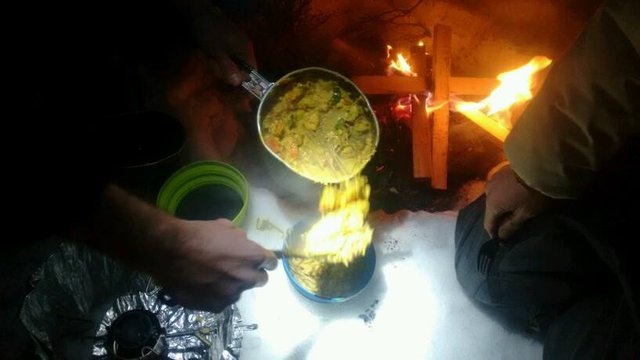
This has been part 2 of my series about experiential education, and it's getting a lot longer than anticipated as I'm having a lot of fun telling stories. Hope you've enjoyed so far, I welcome any and all questions, feedback, etc. More to come!
If you'd like to check out part 1, here ya go.
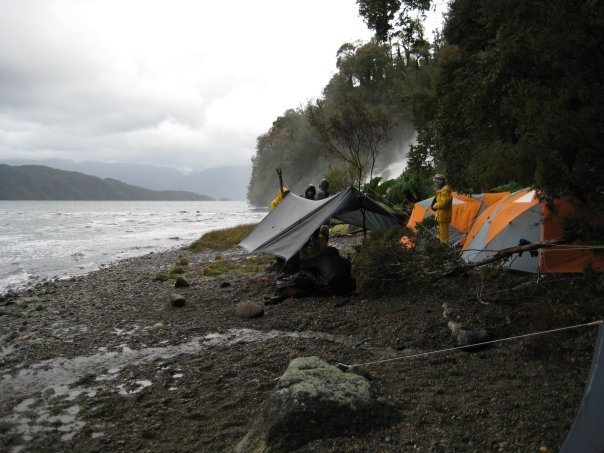
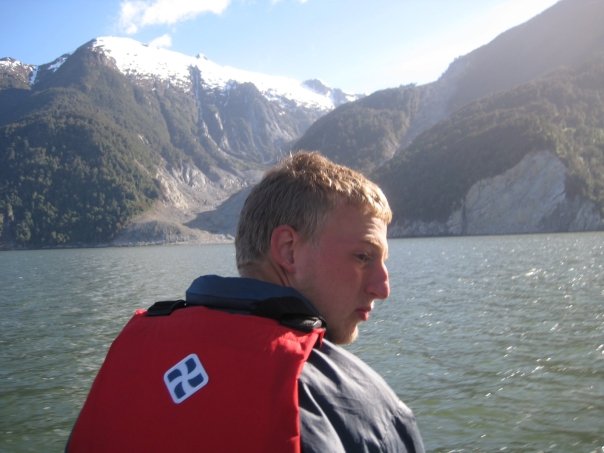
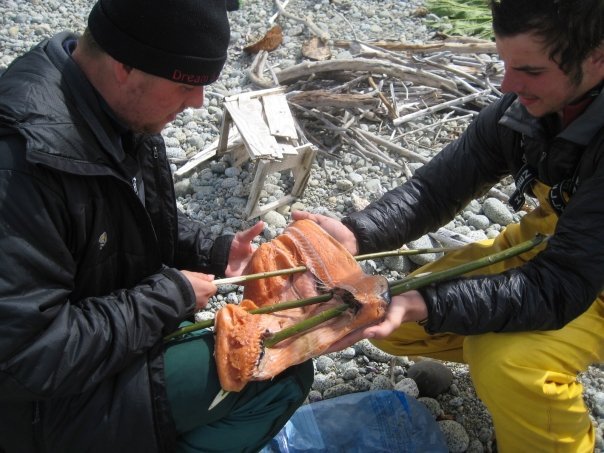
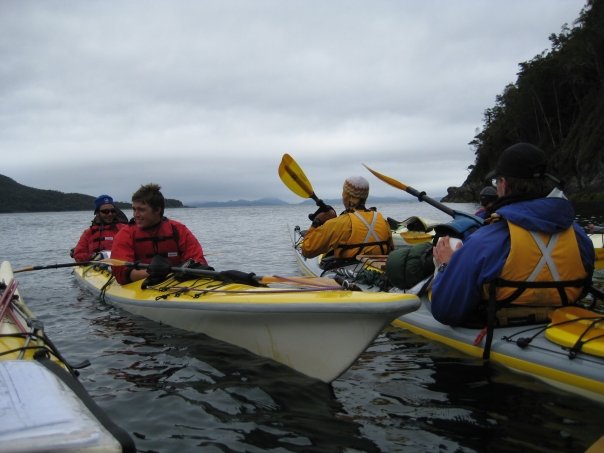
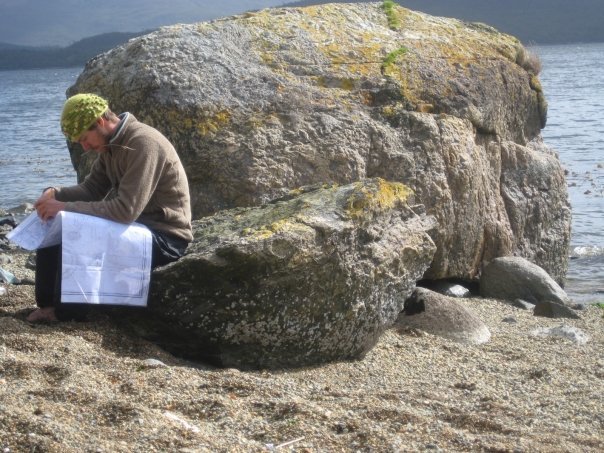
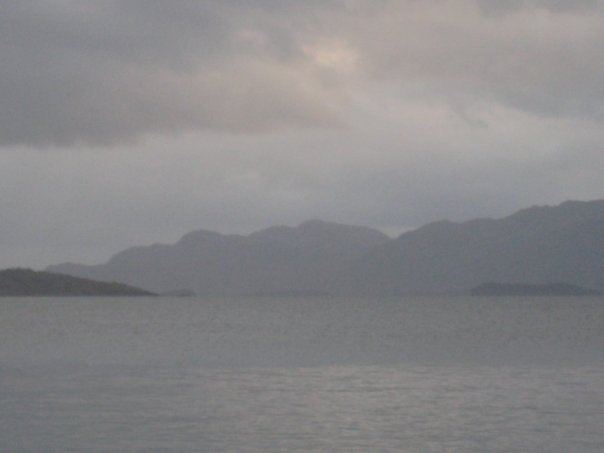
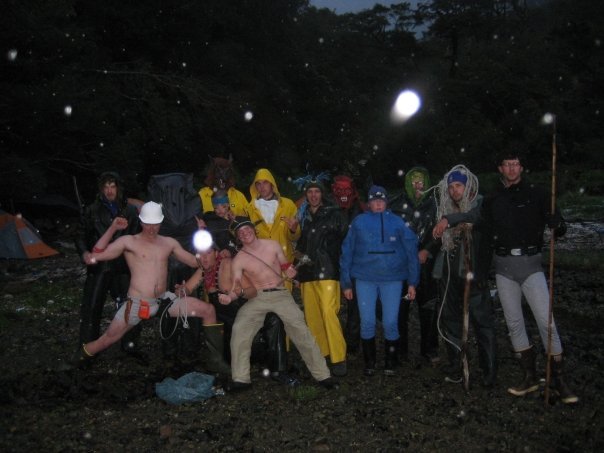
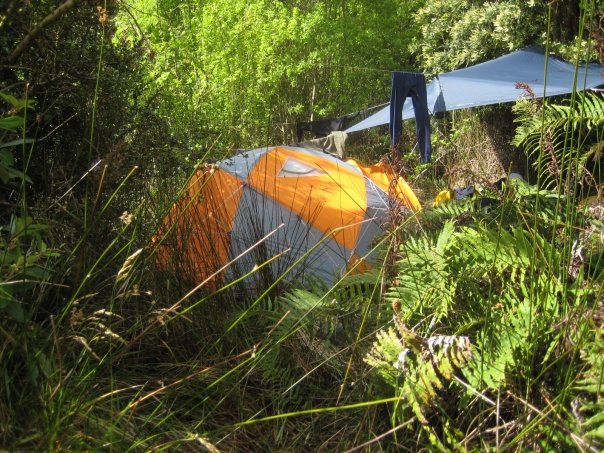
Love your story and pictures, survival is always something that change your life and open your mind.
Yeah. Bigtime. Keep surviving!
Love the photos. Truly amazing! This looks like so much fun! And I agree with that way of learning! This is great content! Hope to read more soon!
Thanks! Great username, heh. One of my next posts about this I'm going to talk about how our instructors let us make mistakes, and how important that is for this way of learning. Your name is making me recall hearing this amazing artist Paul Rucker speak and say if he had a school, he would call it "mistakes."
What an amazing opportunity and experience. It is truly the best way to learn. I look forward to reading more
Yes! Glad for the appreciation. I heard legend of some 60s recording of Paul Petzoldt, founder of NOLS, putting kids through something ridiculous like rock climbing in a rain storm in Wyoming, and looking at the camera and saying "this is how you instill tolerance for adversity" or something like that, but, alas... no such luck... yet.